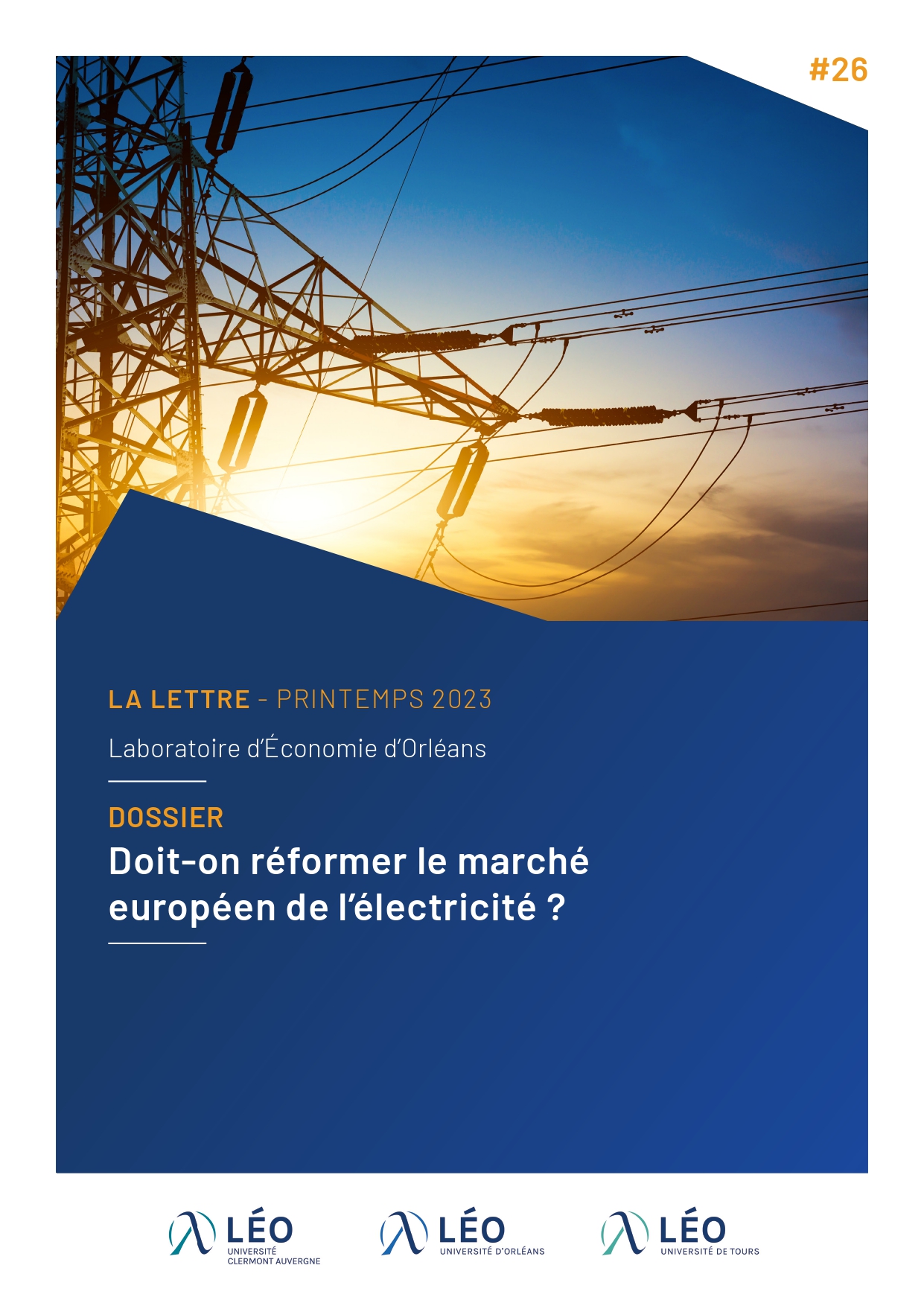
1st Workshop on Noncausal Econometrics

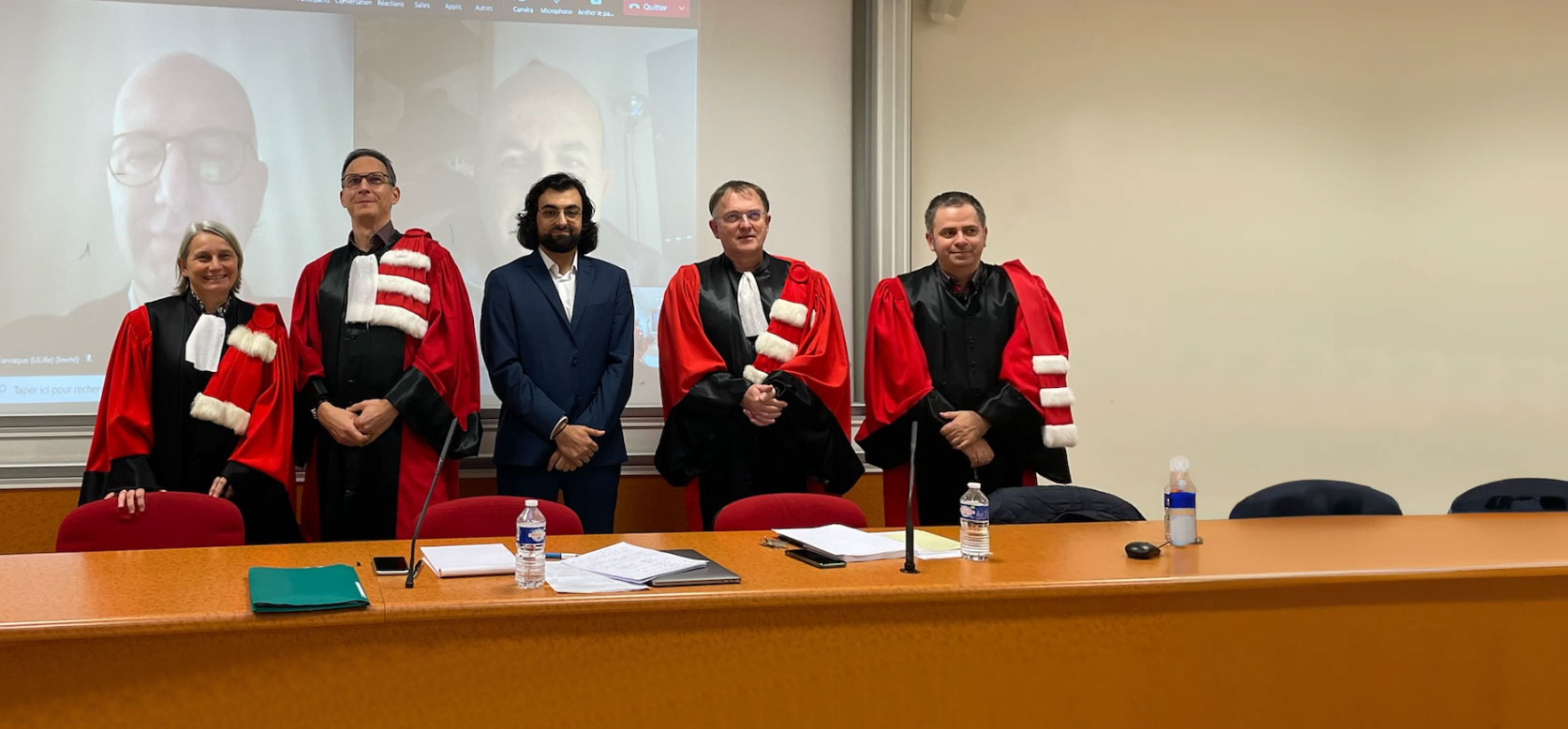
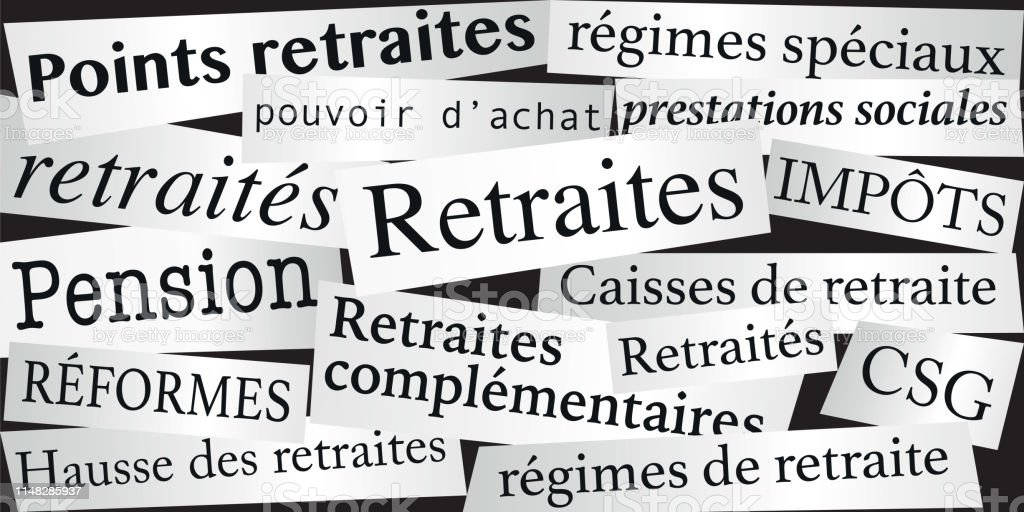
L'Économie en centre-ville d’Orléans : le LÉO et le futur campus universitaire ouvriront sur le site Porte-Madeleine en Septembre 2026
Les membres et président du jury félicitent chaleureusement Hugo ORIOLA pour sa brillante soutenance de thèse qui porte sur l'impact direct ou indirect des actions de la banque centrale sur le résultat des élections.
Pourquoi est-il si difficile de réformer les retraites en France ? Une réflexion d'Anne Lavigne, Professeur en économie au LÉO et conseillère au COR de 2016 à 2022
Le LÉO est un laboratoire d'économie rassemblant des enseignants-chercheurs de l'Université Clermont-Auvergne, de l'Université d'Orléans et de l'Université de Tours.
Il comprend une centaine de membres, dont les recherches couvrent trois grands domaines de compétence :
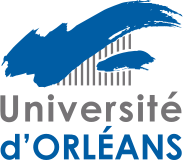

1st Workshop on Noncausal Econometrics
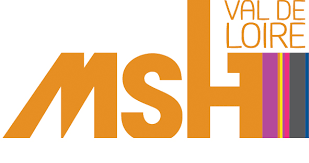
Journée d’étude « Moyens de paiement alternatifs »

Session d’échange « IA et Recherche »

Market disappointment with central bank announcements

Conférence « La finance verte, 10 ans après l’Accord de Paris »

Conférence « Stablecoins and the challenges of MiCA Regulation »

New PhD Student Presentation

Willingness to pay for the environment : the role of social status and of proactive attitude

Impact of Environmental Stringency on Developing Countries’ Participation in Global Value Chains

Rise of China’s National Sword: Evaluating its impact on Chinese waste imports

Compliance in fishing regulations: a Social Norms perspective in Ghana

Urban Growth and Climatic Shocks: A study of Sub-Saharan African cities
Natural disasters and financial stress: can macroprudential regulation tame green swans?
Pauline Avril, Grégory Levieuge, Camelia Turcu
Journal of International Money and Finance - 2025-04
Résumé non disponible.
Lien HALThe effects of resource-backed loans on deforestation: Evidence from developing countries
Yacouba Coulibaly
World Development - 2025-04
Résumé non disponible.
Lien HALOn the macroeconomic effects of fiscal reforms: fiscal rules and public expenditure efficiency
Ablam Estel Apeti, Bao We Wal Bambe, Jean-Louis Combes
Public Choice - 2025-03-25
Résumé non disponible.
Lien HALOptimal Green Policy-mix
Lise Clain-Chamosset-Yvrard, Nicolas Clootens, Daria Onori
2025-03-11
This paper highlights, in a voluntary very simple framework, why central bankers must consider environmental factors when determining monetary policy. To this aim, we propose a monetary overlapping generations (OLG) economy in which households derive satisfaction from both consumption and environmental quality. Production is viewed as a polluting activity that degrades environmental quality. Agents can improve environmental quality by engaging in environmental maintenance expenditures. In addition, the government can impose a carbon tax, though it may face constraints in doing so. The central bank determines the rate of monetary growth. We then characterize the inter-temporal equilibrium and the steady state. We show that the steady-state level of capital increases with the rate of money growth, while environmental quality exhibits an inverse U-shaped relationship with money growth. Money growth decreases the relative price of the environment. When income is low, increases in income lead to higher maintenance expenditures that more than compensate for new emissions. At higher income levels, however, the additional emissions from pollution are no longer offset by maintenance efforts. We then analyze welfare and the decentralization of the optimal steady state. We show that there is only one level of the money growth rate that is compatible with the first-best allocation. This specific level can achieve the first-best outcome only if the government sets the appropriate tax rate, which we characterize. When the government chooses a sub-optimal tax rate (e.g. due to some political acceptability constraint), a "constrained" optimal allocation can be attained if the central bank acts to compensate for the government's shortcomings. We therefore characterize the optimal money growth rate as a function of the carbon tax and other environmental parameters.
Mining and Structural Change: How Does Mining Affect Participation in the Global Value Chain?
Manegdo Ulrich Doamba
Economics of Transition and Institutional Change - 2025-03-06
We examine the relationship between mining activity and participation and positioning in the global value chain in 74 developing countries from 1995–2018. Mining activity can impact countries' participation and especially their positioning in this chain through the changes it induces in the industrial and institutional structure of countries. We use the event study method, taking the activation of mines as the event to be studied, with a study time horizon of 5 years. Our relatively robust results show that mining activity harms positioning in the global value chain through specialisation towards start‐of‐the‐chain industries. The type of mineral extracted, and the mode of extraction plays an essential role in this relationship. Institutional quality, level of openness, and geographical position of countries condition our results.
Lien HALDynamic and spillover effects of armed conflicts on renewable energy in Subsaharan Africa
Alfred Nandnaba
2025-02-11
This paper analyzes the impact of armed conflicts on the renewable energy consumption in 46 Sub-Saharan African countries over the period 2000-2020. It uses a dynamic spatial econometric method to capture the spatial and dynamic effects of these conflicts on renewable energy consumption. Using the dynamic and spatial method of the Durbin model, the main results show that armed conflicts have a significant negative impact on renewable energy consumption. The effect is to 30.97% for the dynamic model against 31.28% for the non-dynamic model. The spatial effects of these conflicts show us that armed conflicts, through their contagion and spillover effects, have a significant and negative impact on renewable energy consumption in the region of 32.11%. The short- and long-term results are generally negative and significant. For heterogeneity, results show that the effect of terrorism is larger than the effect of other types of conflict. Moreover, the impact of armed conflict on renewable energy consumption is greater in the Sahel than in the rest of our sample. This article shows that the effect of conflict on the consumption of renewable energy passes through three main transmission channels : economic development, the increase in military spending as a result of conflict, to the detriment of green investment, and uncertainty, which penalizes investment and the production of renewable energy.
Lien HALOptimal Green Policy-mix
Lise Clain-Chamosset-Yvrard, Nicolas Clootens, Daria Onori
2025-03-11
Dynamic and spillover effects of armed conflicts on renewable energy in Subsaharan Africa
Alfred Nandnaba
2025-02-11
How do microfinance and economic development mutually support each other? A Panel VAR approach in developing economies
Mehdi Mahmoudi, Nicolae-Bogdan Ianc
2025
Does income inequality influence health vulnerability to pollution? Evidence from France
Karine Constant, Marion Davin, Emmanuelle Lavaine
2025
Financements intermédiés et fragilité en Afrique
Mohamed Coulibaly, Gregory Paulin Mvogo
2025
Institutions Matter: Press Freedom and Government Spending Efficiency
Bao-We-Wal Bambe, Jean-Louis Combes, Manegdo Ulrich Doamba, Chantale Riziki Oweggi
2024-12-10

